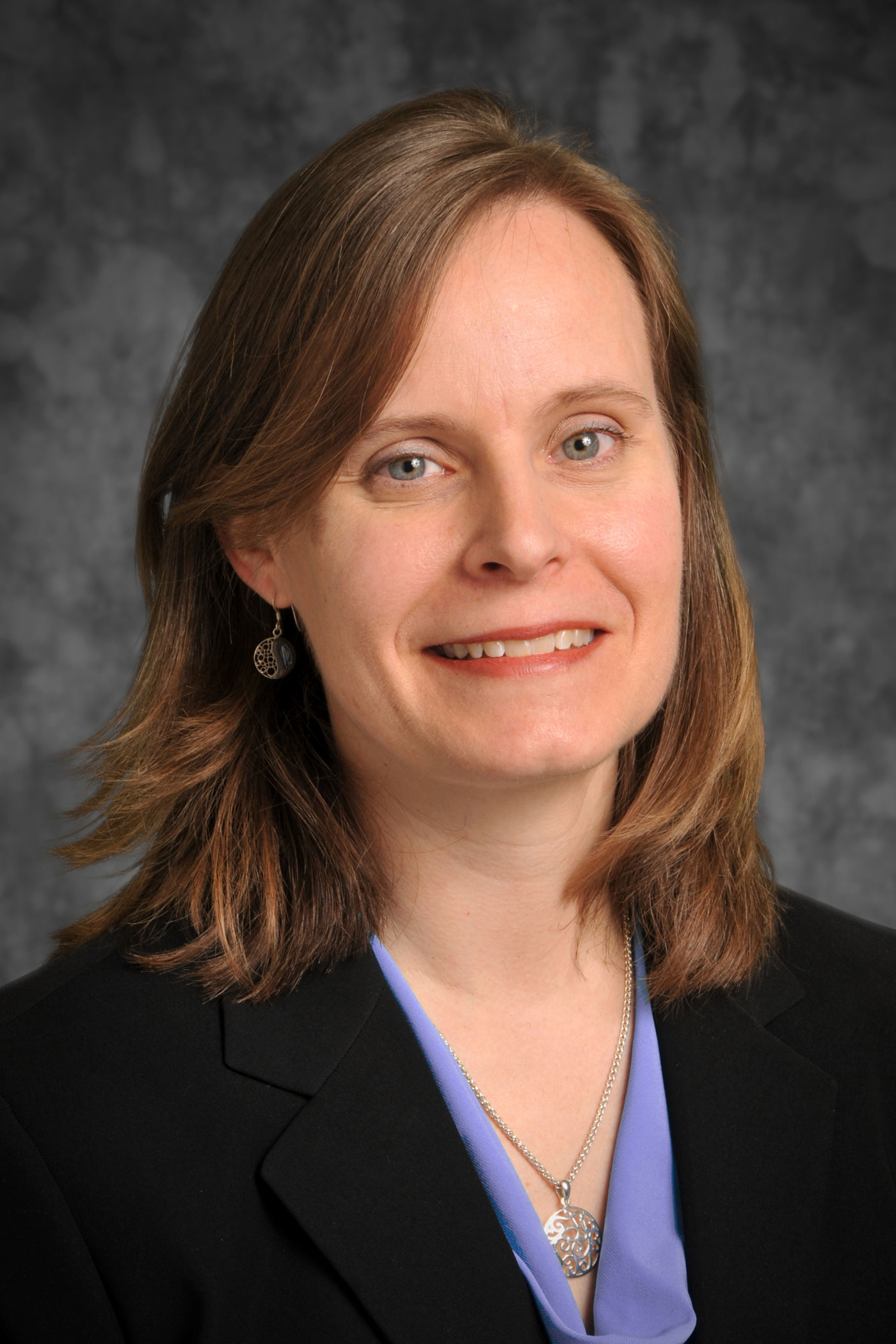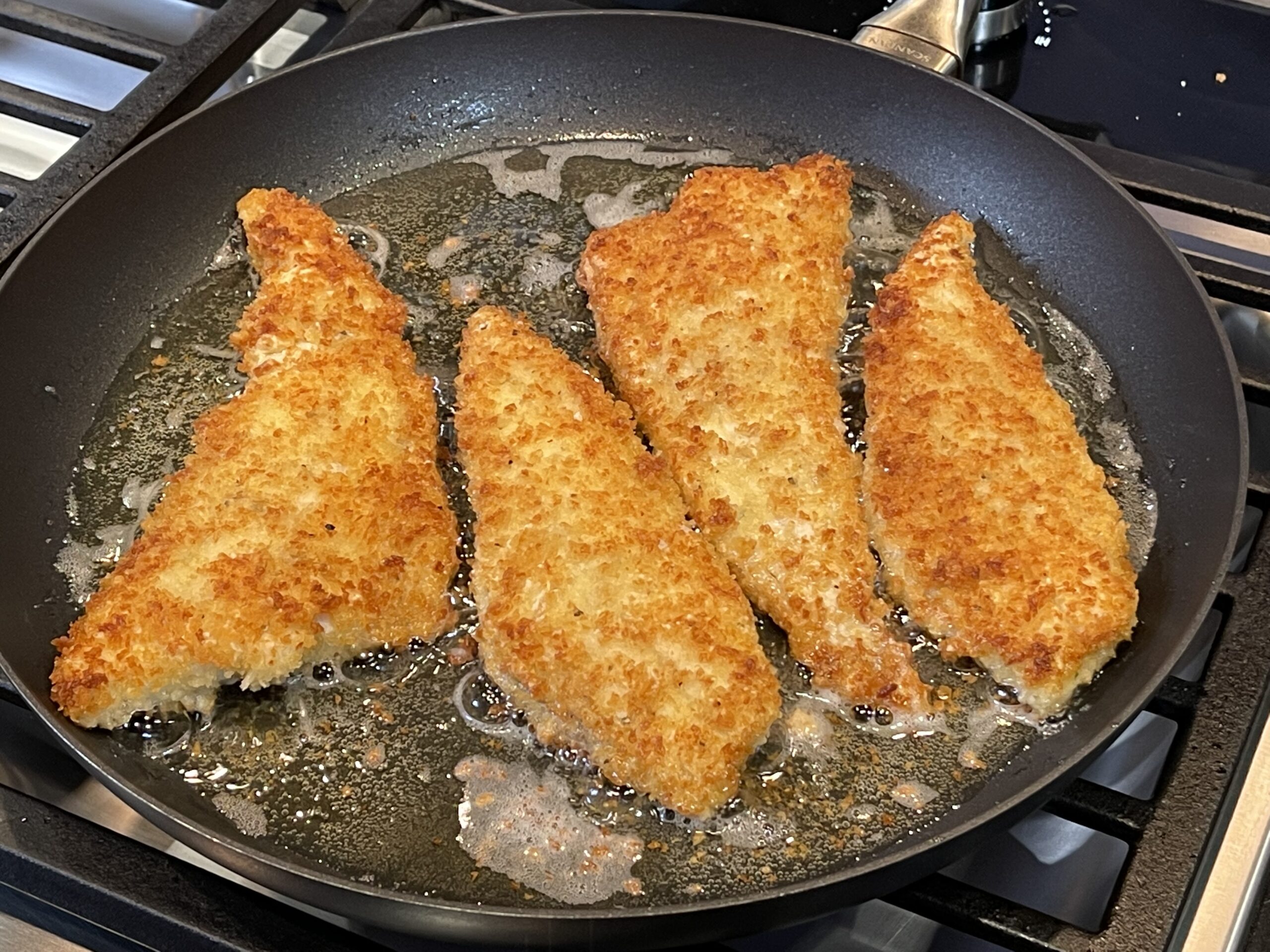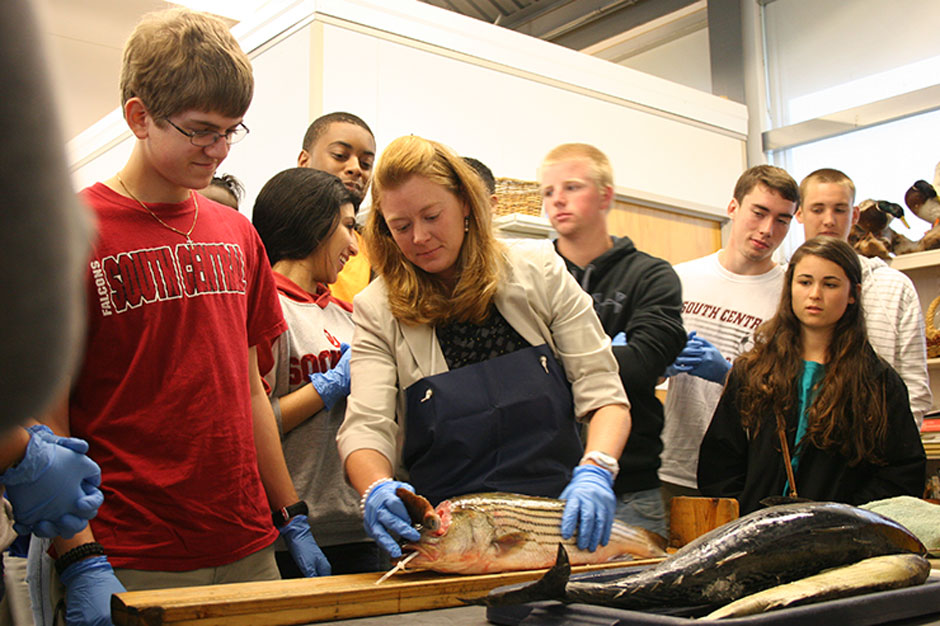FROM THE EXECUTIVE DIRECTOR: Joining Forces: Collaborating with Partners for Coastal North Carolina

Let’s talk about networks. They allow us to make connections, linking concepts, people and actions. This interconnectedness enables a host of resources to move among different groups and stakeholders. The networks that North Carolina Sea Grant maintains with its partners allow us to support coastal communities more effectively than if we had attempted to do so alone.
The Sea Grant team focuses on supporting and developing networks of individuals and communities. We strive to ensure that our partners have the information needed for decision making at the scales that are important to them.
This edition of Coastwatch features some examples of these networks.
In these pages, walk — or even run, drive or shelter — along memory lane with survivors of Hurricane Hazel. Also learn about storm forecasting then and now, and weather preparedness. Remembering the storm’s impact 60 years ago is a prime opportunity for Sea Grant to continue to work closely with the National Oceanic and Atmospheric Administration’s National Weather Service and other groups. Activities include hosting workshops, conferences and town hall meetings over this hurricane season, from June 1 through Nov. 1, to raise public awareness and preparation well in advance of hurricane landfall.
We also are collaborating with NWS, as well as the University of North Carolina Wilmington and local lifeguard programs, to study rip currents along the state’s coast. In 2013, these strong, narrow currents that flow offshore claimed seven lives in North Carolina.
This issue also highlights our collaboration with the Scientific Research and Education Network, or SciREN, that connects K-12 teachers and coastal scientists. Led by graduate students from UNC Chapel Hill and Duke University, SciREN’s goal is to improve each group’s understanding of the other, leading to enhanced science-based lesson plans for our state’s students. On page 26, co-founder Ethan Theuerkauf discusses SciREN’s expansion to the Triangle in November.
Sea Grant also is working to develop a stronger network for our student fellows, current and past, starting with the national John A. Knauss Marine Policy Fellowship. Since 1979, there have been 67 fellows from North Carolina. Over the course of several Coastwatch issues, you’ll meet a number of these individuals as we discover where they are now. We also hope to establish stronger links with and among these fellows as they move through their professional careers.
These relationships will be especially useful in providing mentorship opportunities for incoming fellows in the coming decades.
These days we hear so much about social networks, referring to the latest and greatest technologies that we use to keep up with each other.
Sure, Sea Grant has a Twitter handle (@SeaGrantNC) and a Facebook page (www.facebook.com/ncseagrant). Now, our updated website also includes a new blog, Coastwatch Currents, at ncseagrant.ncsu.edu/currents. These are excellent ways to disseminate information from our research and extension programs rapidly. You’ll even get to hear from me in this blogsphere — and I didn’t know what that was until last month.
In mid-September, we will continue this conversation about networks at our site review conducted by the National Sea Grant College Program. Among many topics, the review team will consider our engagement with stakeholders, as well as other federal, state and local offices. This will be our opportunity to highlight these and more partnerships that allow us to provide high-quality research, education and outreach for North Carolina.
Networks are people working together. The combined effort results in impacts, large and small, that benefit communities, individuals and the coastal places where we enjoy spending time. You are part of our network and we value your individual, and collective, contributions to our state and our program.
If you have specific thoughts on ways we can continue to grow our network and increase our positive impacts, please let me know at snwhite3@ncsu.edu.
This letter was published in the Autumn 2014 issue of Coastwatch.
- Categories:


